Refinancing a mortgage in Canada can be a great tool for homeowners looking to lower their monthly payments, access their home equity, consolidate their debt (improving their credit score) or secure better loan terms.
However, it's important to work with the RIGHT mortgage broker to evaluate your options. The right mortgage professional will analyze your complete financial picture
(existing mortgage, debt, unsecured loans) and help you weigh the potential costs and benefits before urging you to move forward. Here's a streamlined breakdown of what to consider:
How Mortgage Refinancing Works
Refinancing involves breaking your current mortgage and replacing it with a new one, often with better terms or rates. The process requires:
- Documentation (Lots): Proof of income, debts, assets, and identification.
- Home Appraisal: To determine your property’s current market value.
- Approval: You'll need to qualify at a rate 2% higher rate to ensure affordability (B20 stress test).
How Much Can You Borrow?
When refinancing, you can borrow up to 80% of your home’s appraised value, minus the remaining mortgage balance.
Example:
- Home value: $500,000
- 80% of appraised value: $400,000
- Remaining mortgage: $340,000
- Debts: $25,000
- *Cash available: $35,000
Costs of Refinancing
Refinancing can be costly – this is where a thorough cost analysis comes in. Costs include:
- Prepayment penalties: Closed, fixed-rate mortgages typically carry higher penalties, based on the lender’s Interest Rate Differential (IRD). For variable-rate mortgages, penalties are generally three months’ interest, but this can still be expensive.
- Mortgage discharge fees (if switching lenders)
- Appraisal fee
- Legal fees including title search and disbursements
Top Reasons to Refinance
- Lower Borrowing Costs: Secure a reduced interest rate or adjust the mortgage term to save on overall costs.
- Access Equity: Use leftover funds for major expenses like home renovations, debt consolidation, or investments
- Improve Credit Score: a bi-product of debt consolidation is that you are able to reduce overall debt and then control your usage going forward, which improves your credit score
When to Refinance
When conducting a mortgage suitability assessment for each client, it must make sense financially to refinance. Refinancing makes sense when:
- Mortgage rates have dropped.
- You need cash for large purchases or to pay off higher-interest debt.
- The long term or overall savings outweigh the penalties and fees.
Pros and Cons of Refinancing
Pros:
- Potential for lower interest rate and payment.
- Access to significant funds through home equity.
- Flexibility to switch to a more suitable fixed or variable mortgage.
Cons:
- High prepayment penalties can negate savings.
- Extending amortization may result in higher long-term interest costs and a lengthier time paying off your mortgage.
- Access to cleared credit can become a problem again if the borrower is not disciplined
- Upfront fees can be costly.
Key Tips
- Choose your Mortgage Professional Carefully: you don’t want someone refinancing you for the sake of the deal. It has to make sense and you have to understand the numbers, the pros and the cons and make the decision based on facts
- Time It Right: If you can help it, refinancing near the end of your current term reduces penalties.
- Consider the Alternatives: A second mortgage, a Home Equity Line of Credit (HELOC) or a reverse mortgage might be better options, depending on your needs.
By carefully and realistically evaluating your situation, understanding the math on penalties and potential savings, and choosing the right mortgage professional, refinancing can be a strategic financial decision.
If you want to discuss your options around refinancing a mortgage, in Oakville, Burlington, Mississauga, or nearby areas, please schedule a call.






